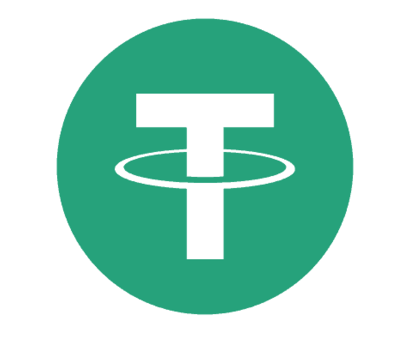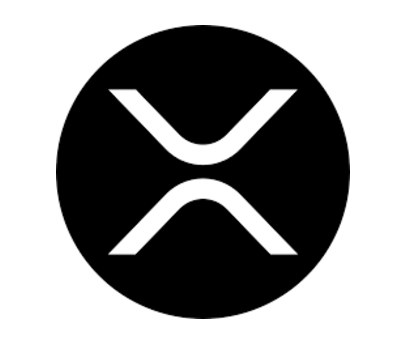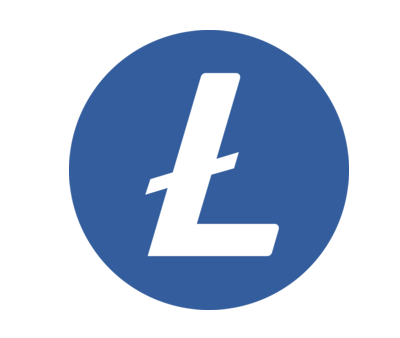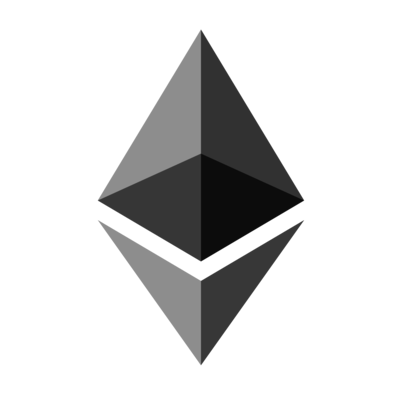
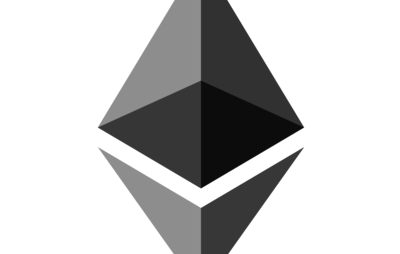 ETH
ETH What Is Ethereum (ETH)?
Ethereum is a decentralized open-source blockchain system that features its own cryptocurrency, Ether. ETH works as a platform for numerous other cryptocurrencies, as well as for the execution of decentralized smart contracts.
Ethereum was first described in a 2013 whitepaper by Vitalik Buterin. Buterin, along with other co-founders, secured funding for the project in an online public crowd sale in the summer of 2014 and officially launched the blockchain on July 30, 2015.
Ethereum’s own purported goal is to become a global platform for decentralized applications, allowing users from all over the world to write and run software that is resistant to censorship, downtime and fraud.
Who Are the Founders of Ethereum?
Ethereum has a total of eight co-founders — an unusually large number for a crypto project. They first met on June 7, 2014, in Zug, Switzerland.
- Russian-Canadian Vitalik Buterin is perhaps the best known of the bunch. He authored the original white paper that first described Ethereum in 2013 and still works on improving the platform to this day. Prior to ETH, Buterin co-founded and wrote for the Bitcoin Magazine news website.
- British programmer Gavin Wood is arguably the second most important co-founder of ETH, as he coded the first technical implementation of ETH in the C++ programming language, proposed Ethereum’s native programming language Solidity and was the first chief technology officer of the Ethereum Foundation. Before Ethereum, Wood was a research scientist at Microsoft. Afterward, he moved on to establish the Web3 Foundation.
Among the other co-founders of ETH are: – Anthony Di Iorio, who underwrote the project during its early stage of development. – Charles Hoskinson, who played the principal role in establishing the Swiss-based Ethereum Foundation and its legal framework. – Mihai Alisie, who provided assistance in establishing the ETH Foundation. – Joseph Lubin, a Canadian entrepreneur, who, like Di Iorio, has helped fund Ethereum during its early days, and later founded an incubator for startups based on ETH called ConsenSys. – Amir Chetrit, who helped co-found ETHbut stepped away from it early into the development.
What Makes Ethereum Unique?
Ethereum has pioneered the concept of a blockchain smart contract platform. Smart contracts are computer programs that automatically execute the actions necessary to fulfill an agreement between several parties on the internet. They were designed to reduce the need for trusted intermediates between contractors, thus reducing transaction costs while also increasing transaction reliability.
Ethereum’s principal innovation was designing a platform that allowed it to execute smart contracts using the blockchain, which further reinforces the already existing benefits of smart contract technology. Ethereum’s blockchain was designed, according to co-founder Gavin Wood, as a sort of “one computer for the entire planet,” theoretically able to make any program more robust, censorship-resistant and less prone to fraud by running it on a globally distributed network of public nodes.
In addition to smart contracts, Ethereum’s blockchain is able to host other cryptocurrencies, called “tokens,” through the use of its ERC-20 compatibility standard. In fact, this has been the most common use for the ETH platform so far: to date, more than 280,000 ERC-20-compliant tokens have been launched. Over 40 of these make the top-100 cryptocurrencies by market capitalization, for example, USDT, LINK and BNB.
How Many Ethereum (ETH) Coins Are There In Circulation?
In August 2020, there were around 112 million ETH coins in circulation, 72 million of which were issued in the genesis block — the first ever block on the ETH blockchain. Of these 72 million, 60 million were allocated to the initial contributors to the 2014 crowd sale that funded the project, and 12 million were given to the development fund.
The remaining amount has been issued in the form of block rewards to the miners on the Ethereum network. The original reward in 2015 was 5 ETH per block, which later went down to 3 ETH in late 2017 and then to 2 ETH in early 2019. The average time it takes to mine an Ethereum block is around 13-15 seconds.
One of the major differences between Bitcoin and Ethereum’s economics is that the latter is not deflationary, i.e. its total supply is not limited. Ethereum’s developers justify this by not wanting to have a “fixed security budget” for the network. Being able to adjust ETH’s issuance rate via consensus allows the network to maintain the minimum issuance needed for adequate security.
How Is the Ethereum Network Secured?
As of August 2020, ETH is secured via the Ethash proof-of-work algorithm, belonging to the Keccak family of hash functions.
There are plans, however, to transition the network to a proof-of-stake algorithm tied to the major Ethereum 2.0 update, which launched in late 2020.
After the Ethereum 2.0 Beacon Chain (Phase 0) went live in the beginning of December 2020, it became possible to begin staking on the ETH 2.0 network. An ETH stake is when you deposit ETH (acting as a validator) on ETH 2.0 by sending it to a deposit contract, basically acting as a miner and thus securing the network. At the time of writing in mid-December 2020, the ETH stake price, or the amount of money earned daily by ETH validators, is about 0.00403 ETH a day, or $2.36. This number will change as the network develops and the amount of stakers (validators) increase.
Ethereum staking rewards are determined by a distribution curve (the participation and average percent of stakers): some ETH 2.0 staking rewards are at 20% for early stakers, but will be lowered to end up between 7% and 4.5% annually.
The minimum requirements for an ETH stake are 32 ETH. If you decide to stake in Ethereum 2.0, it means that your Ethererum stake will be locked up on the network for months, if not years, in the future until the ETH 2.0 upgrade is completed.
Where Can You Buy Ethereum (ETH)?
Given the fact that Ethereum is the second-largest cryptocurrency after Bitcoin, ETH trading pairs are listed on nearly all of the major crypto exchanges.

